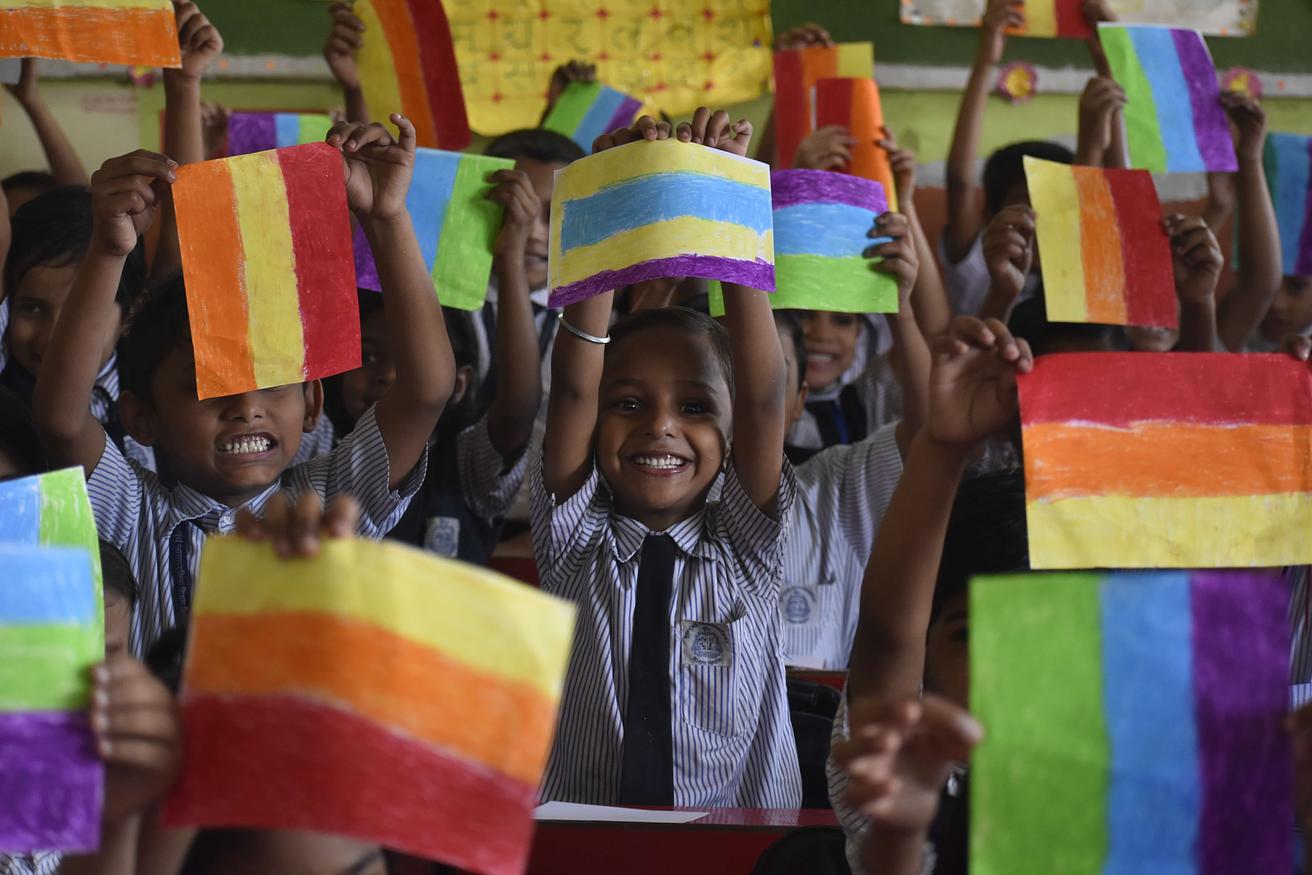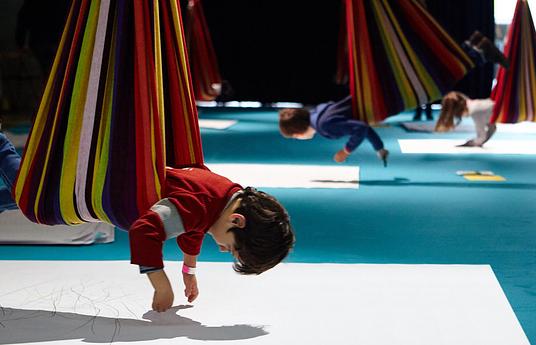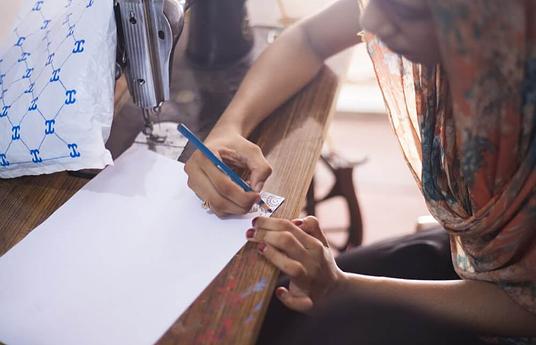Empowering children and young people through Social-Emotional and Creative Exploration :
A study by Saturday Art Class on programs delivering SEL & arts-based curricula to children during the pandemic.
“To understand life is to understand ourselves, and that is both the beginning and the end of education.” - Jiddu Krishnamurti
This quote by Jiddu Krishnamurti wholly sums up the role of education in today’s world, affected by the pandemic and still healing from the after-effects of it. Our experience in the past year has made it clear that the role of education needs to evolve and extend beyond academics and literacy. It needs to empower children to become aware, compassionate, empathetic, and creative problem solvers.
While several innovations in education can bring about this change, as an organization working with children from low-income communities in India since 2017, for Saturday Art Class, creative exploration through Social-Emotional Learning has been a highly effective tool in achieving the aforementioned outcomes in children, specifically during the pandemic.
Social and Emotional Learning (SEL) is an integral part of education and human development. SEL is the process through which all young people and adults acquire and apply the knowledge, skills, and attitudes to develop healthy identities (Self Awareness), manage emotions (Self Management) and achieve personal and collective goals, feel and show empathy for others (Social Awareness), establish and maintain supportive relationships (Relationship Management), and make responsible and caring decisions (Decision Making).
The pandemic proved that SEL needs to be a crucial component in our current systems of education; with immense value and correlation to student performance, behavior, and lifelong outcomes. It makes learning inclusive of every aspect of a child’s growth and development.
The pandemic not only cost millions of lives but also substantially affected schooling systems, forcing educators to resort to digital platforms to enforce learning every day. In India, the closure of 1.5 million schools across the country due to the pandemic and lockdowns in 2020 has impacted 247 million children enrolled in elementary and secondary schools.
This has not only affected children’s everyday lives but the ambiguity of the situation, the loneliness, the constant media frenzy, and the general insecurity to safeguard lives caused a child to be emotionally drained. These issues were further compounded for children in low-income communities in India where they faced hunger due to shortage of food, lack of technological devices to access virtual learning, and strife in the communities due to growing tensions related to the adversities caused by the lockdown.
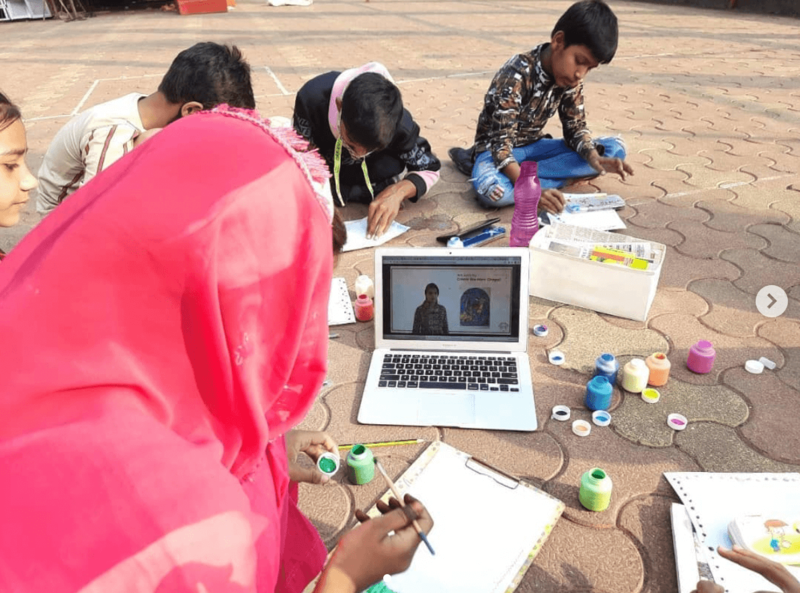
Additionally, school systems that had an existing void in resources and tools to aid in creating safe spaces of expression for children and developing critical social and emotional skills, were further disadvantaged to help children through a virtual platform. This has resulted in hindering the child’s personal and interpersonal development, with their formative crucial years of education now happening within the confines of their home without an attempt to help them in the situation around them.
As an antidote to this, in May 2020, Saturday Art Class started virtual classes through trained teachers as part of their Covid 19 Relief and Recovery Program to help children combat these issues as well as gain exposure to take the time in the lockdown & harvest their innate curiosity and creativity to develop creative intelligence.
We developed and designed a “Recovery” curriculum, amalgamating SEL-driven techniques and creative exploration through visual art. Our art was inspired by artists such as Marc Chagall, Joan Miro, Yayoi Kusama, SH Raza ( and many more) who used their painting techniques as a way to express emotions. We compiled these lessons into an illustrated workbook called “In My Mind.” These lessons were complimented by day-to-day activities that the child could do, without the need for a facilitator. They were printed and distributed as part of our Virtual Classroom Program.
At the end of our virtual classes, we witnessed a 10% growth and 14% growth across the Self- Awareness and Self-Management parameters. Additionally, we analyzed a 10% increase in the number of students who experienced the feeling of happiness and an 11% increase in the number of students who experienced peacefulness at the end of our Virtual Classrooms Program.
We spoke to Fehmina Ahmed, a student of Saturday Art Class, for whom the program increased her motivation, learning, and positive attitude towards school. "During Saturday Art Class sessions I learned about thoughts, feelings, what the voice inside our head is, and many activities. I learned about two words that I always keep in mind, they are Curious and Compassionate."
1 of the 9 action plans by the International Commission on the Futures of Education states making free and open source technologies available to teachers and students. In the context of the COVID-19 crisis interest in mobile learning technologies has grown exponentially
In efforts to make SEL and art accessible globally, we released our illustrated workbook - 'In My Mind' on our website as a free printable open-resource; accessible to every child, parent, and educator across the country. The success of implementing this curriculum during the virtual classes is testimony to the fact that while academic systems of education might fail during crises, it is building awareness, compassion, and creativity that are the timeless pieces that can help a child at a time like this.
Zarna Badheka, an educator at Navrachana International School, Gujarat, India shares her feedback for In My Mind, our digital resource, “In My Mind has activities that children can connect well with their emotions, especially during the pandemic. It also acts as a tool for self-care.”
The pandemic also highlighted the merit in strategic collaborations and working with like-minded partners, leveraging strengths and resources that could not only mutually benefit but also amplify the work done. As learning from this, for our virtual classes, we worked with 15 education non-profits for implementation. Additionally, when it came to increasing accessibility through building video content, we partnered with an application design agency to convey In My Mind sessions into video series called ‘Everyone’s an Artist.’
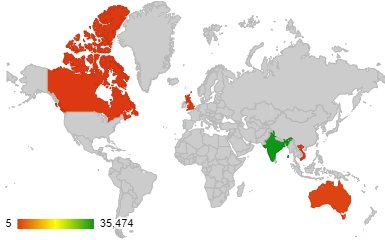
Since we released ‘In My Mind’: Our Digital Workbook, we have impacted: 35, 474 teachers, educators and students across 5 countries
The agency of being able to put our resources on a digital platform helped us to present our mission globally, providing an SEL and Art-based curriculum to teachers, parents, and children across the globe impacting 82,000 children across India and parts of Asia, Australia, Europe, North America and the United States of America since it release on 24th April 2020.
While there have been several learnings from our experience, what stood out to us, was the undying spirit of our children, our partners, our teachers, and educators. At a time when survival was imperative, we saw the community put the needs of others above them. In the end, education is not just found within the confines of a conventional classroom but through the learnings, we derive from these experiences. That is the point of Social-Emotional Learning and creative expression.
ABOUT THE AUTHOR
Chhavi Khandelwal is the Co-founder and Chief Design Officer of Saturday Art Class. She has a Bachelors in Architecture from Rachana Sansad's Academy of Architecture, Mumbai, and has also worked in various programs delivering art education in orphanages and cancer specialty hospitals. She has been a part of the Arts for Good Fellowship 2019 - 2020.
